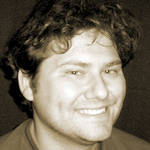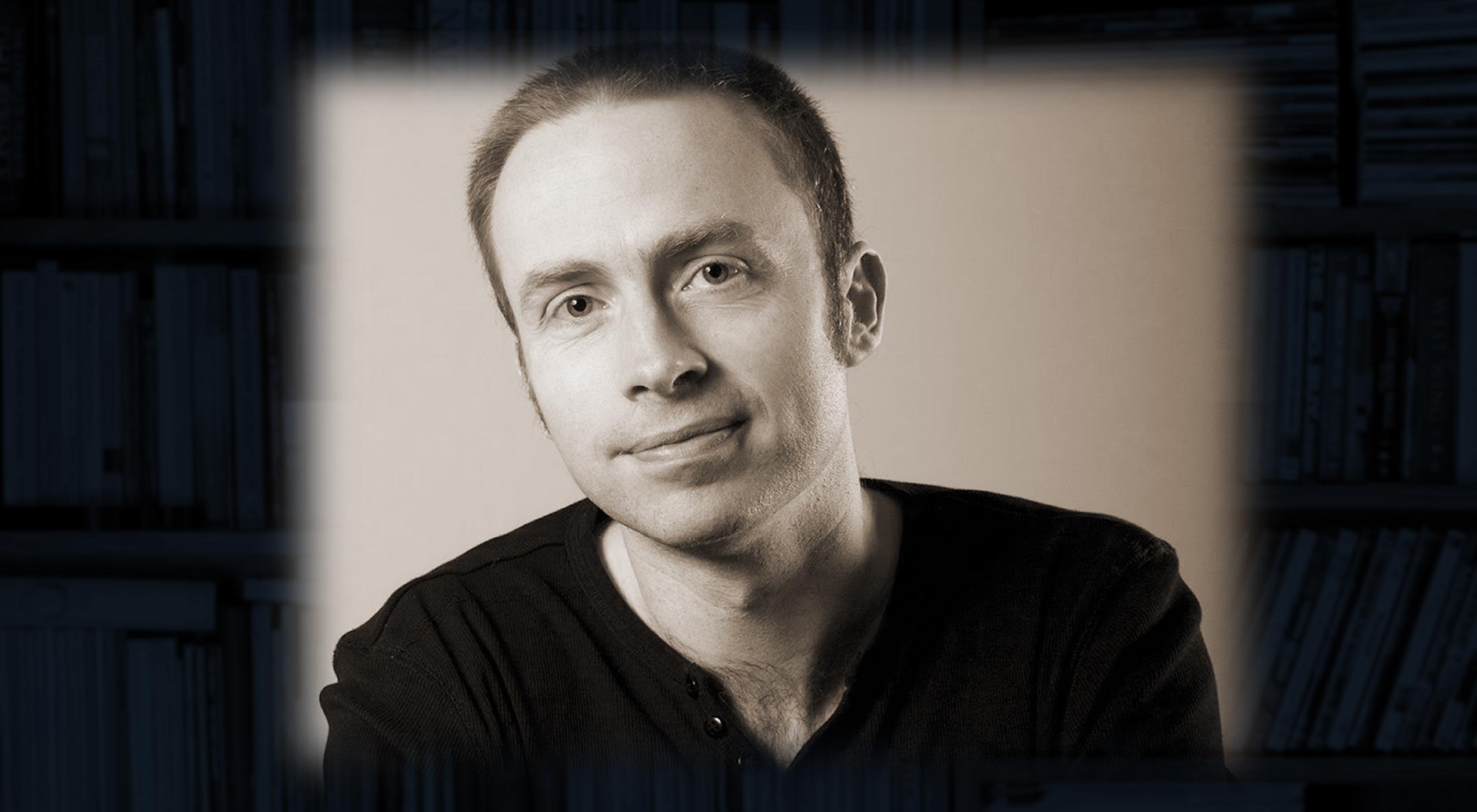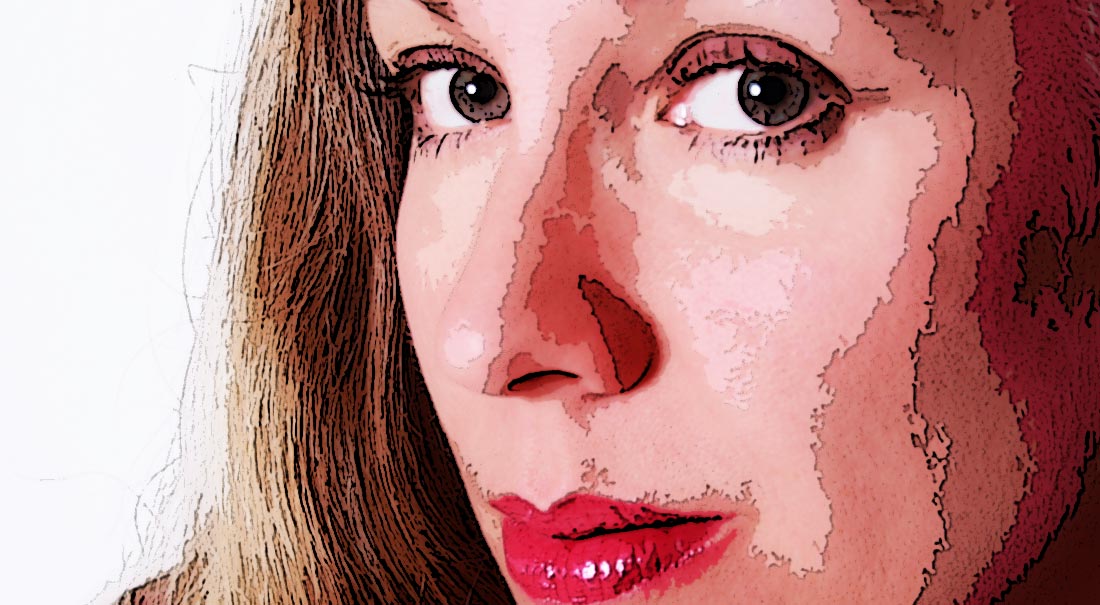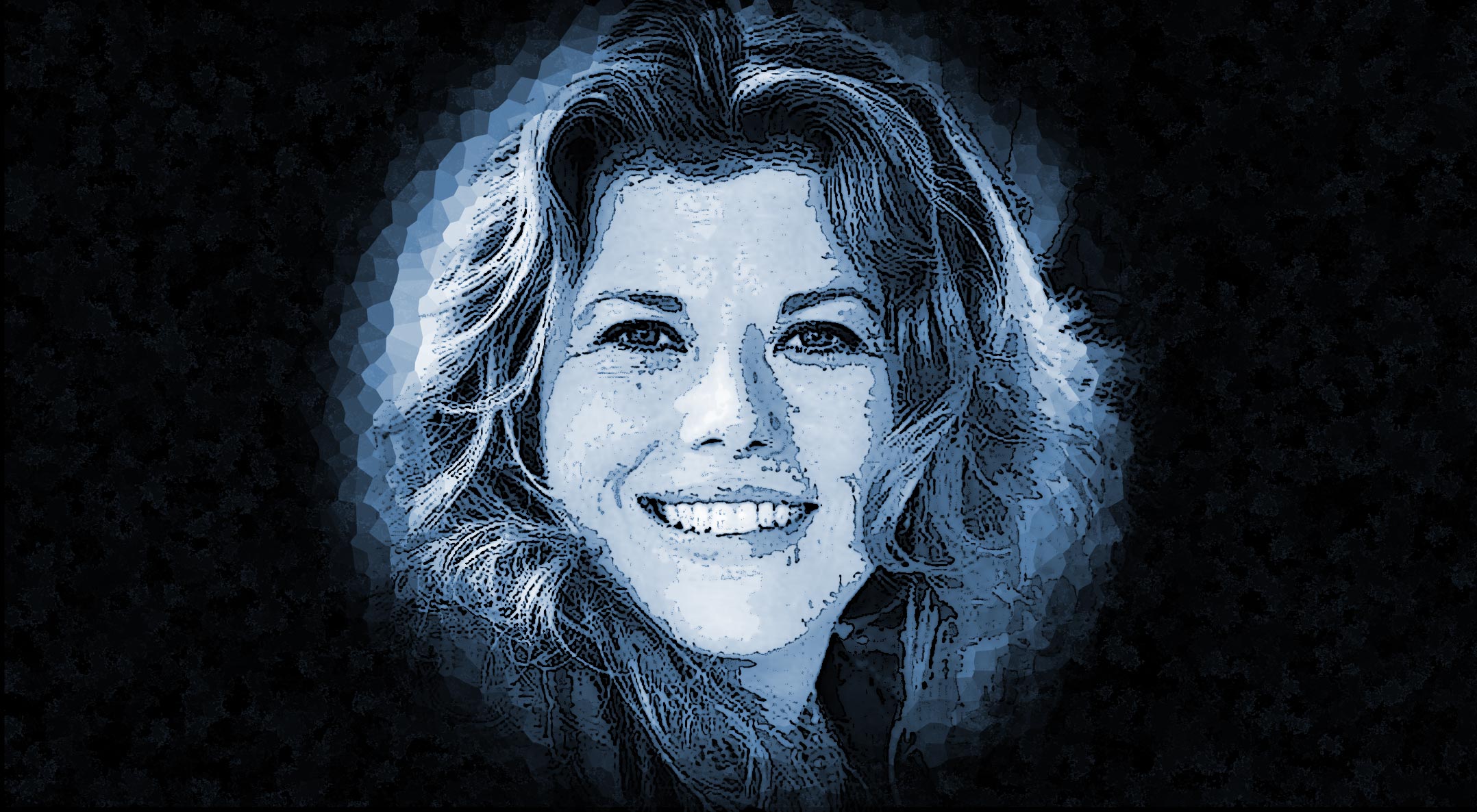
Tim Pratt is a true Literary Alchemist, weaving tales of wonder from the dross of life. His meticulous prose either reveals the magic in the mundane or exposes the truth behind the fantasy… and either way, you’re left reeling with either a goofy smile or a tear. We’re delighted to have him join us for a 20(ish) minute chat where we discuss the craft of writing gender, the challenge of time, answer some questions from Brion’s creative writing class, and so much more. Click that “PLAY” button, gang! (and Tim’s Workshop Episode will be airing September 25th, so plan a return trip!)
PROMO: “Hapax” by K. T. Bryski
Showcase Episode: 20 Minutes with Tim Pratt
[caution: mature language – listener discretion is advised]
Podcast: Download (Duration: 34:54 — 24.0MB)
Subscribe: RSS
Check out this and all our episodes on iTunes and on Stitcher Radio!
Episode Breakdown
00:45 – Tim’s Awesome Intro
05:45 – What is your biggest challenge creatively as a writer, and how do you get past it
- 06:10 – Time is a pain in my ass
- 06:35 – My preferred method is to “binge write” stopping only to pee and get more beef jerky
- 07:05 – After my child was born, I had to completely alter how I approached writing
- 07:50 – I reinvented my entire approach and figure out how to write in those shorter intervals
- 08:40 – I have more ideas than I can possibly write.
- 08:50 – Ideas are easy, it’s execution that’s hard.
09:00 – What considerations do writers need to hammer out before attempting to write in a voice in the opposite sex
- 09:35 – The key thing is that they’re actually people
- 10:00 – They want the same things, to succeed in their chosen field, to achieve objectives or take care of their family
- 10:20 – One of the things I try to figure out is how I can make life more difficult for my characters
- 10:35 – It really blows, but things are harder for women in our culture
- 10:55 – So in terms of narrative opportunity, it actually helps because it gives them more things to overcome and allows you to interrogate some of those inequality issues
- 11:10 – One the main reasons that I write so many women is because I was raised by women
- 12:00 – It was never a question to me that women would be strong and capable of anything
- 12:40 – Be aware of the challenges that your character is going to face in whatever society you’re writing
- 13:55 – It’s important to remember that being a woman is not a “quirk”
14:20 – We’ve had writers on the show whose stories don’t have women or don’t have strong female characters. Is that something that requires reconsideration or is it just that the story doesn’t require a female character?
- 14:50 – I do not want to speak for women or how to write women as a guy
- 15:00 – I’ve written “boy” stories about men and relationships with men
- 15:10 – I don’t think is something to worry about on an individual story level but in the aggregate, yeah
- 15:15 – But if you’re writing a bunch of stuff and you never have any women or only red-haired assassins, then you may want to step back and rethink
- 16:15 – Why would you write stories about the same kind of people over and over again? Bring in different people and draw inspiration from them
16:30 – “Hapax” by K. T. Bryski
17:40 – What is it about the “magic shoppe” type of stories that draw you back time and again?
- 18:20 – I blame it on working in an antique store for a couple years
- 18:30 – Stuff from a hundred years ago are artifacts of another time – literally from an alternate universe where no one alive has ever seen
- 18:50 – Every object has a story… one of the powers I like to play with is psychometry where you can feel its past
- 19:20 – In a larger sense, there are two strains of fantasy I like to play with: immersive and intrusive
- 19:30 – Immersive is where fantasy is expected (like the Marla Mason series)
- 19:50 – Intrusive is where ordinary lives are disrupted by magic
- 20:20 – On of the things fantasy does well is act as a metaphor, an externalized way to understand an internal state
- 21:00 – I have an abiding obsession with those lynchpin moments in your life when everything changes.
- 21:40 – So I have written a lot of stuff about crossroads and piercing the veil and multiple identities existing in a single person
23:00 – Have you ever had an idea and thought, “This is too weird” and hold yourself back?
- 23:10 – No I generally don’t hold myself back.
- 23:20 – I tend to write stuff that may be outlandish but well-grounded psychologically and make the characters well-rounded people
24:55 – How do you take something outlandish and ground it to make it approachable and comprehensible
- 25:40 – Have details that ring true
- 25:45 – You can get away with a big outlandish thing as long as you don’t try getting away with little outlandish thing
- 26:05 – Treat your outlandish things seriously
- 26:40 – I like fantasy that’s not entirely explicable but have your characters react to it in a way that makes sense
27:35 – Quick questions from Brion’s High School Creative Writing Class
1. You describe whiskey well. Do you drink when you write?
No
2. Which is more important… knowledge or imagination?
Knowledge feeds imagination. The cool things in stories are about recombining things you know
3. What do you do when you have too many ways to end a story?
Sensibly you’d go for the most impact. I go for the weird anticlimactic ending… it’s not expected and that delights me
4. What do you do before writing to get in the zone?
Absolutely nothing. If I had rituals I’d never get anything done
5. Any advice for writers just starting out?
Don’t waste time making a story perfect. Get it good enough send it out and start on the next one
6. If you get a rejection, do you consider revising the story before you send it out again?
If every editor rejects it, maybe. There are a million reasons why a story might not work for an editor




This was a great 20 minutes with. I can’t wait for Tim to guest host the Workshop.
I did however have one question. In the 20 minutes Tim mentioned eventually leaving traditional publishing, and turning self pub. Since this is a track I want to pursue I was wondering why he made this decision.
Oh, I didn’t leave traditional publishing; I still publish lots of books with both small presses and big ones. Here’s how I got into self-publishing: I had an urban fantasy series with four volumes published by Random House. Then they dropped the series, but since I wasn’t done with that world (and had, indeed, ended on a cliffhanger), I decided to keep it going myself, both for my own amusement and to give my fans some closure. But the experiment was so successful, I did a couple more books on my own, and am self-publishing a story collection this year. Self pub seems like the best solution for some of my projects, but I still like traditional publishers — it’s a lot less work for me.